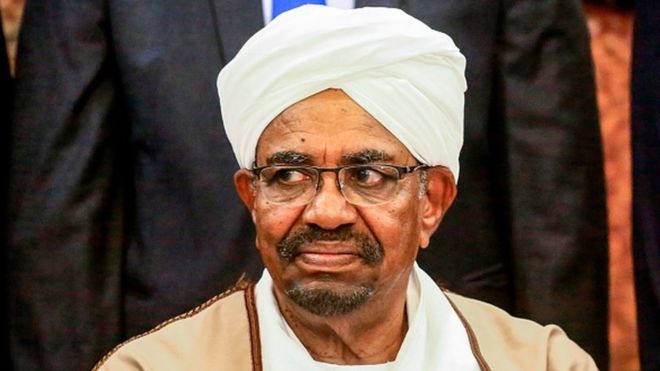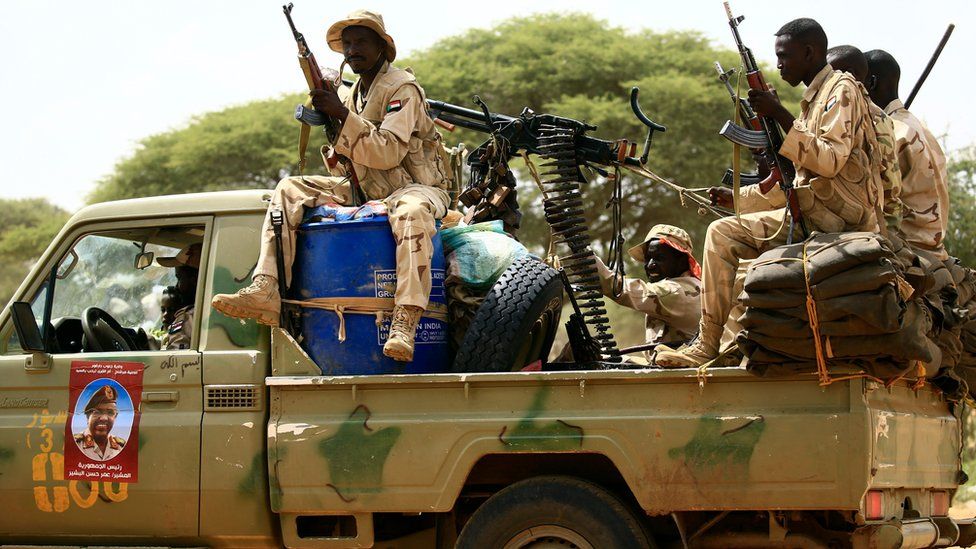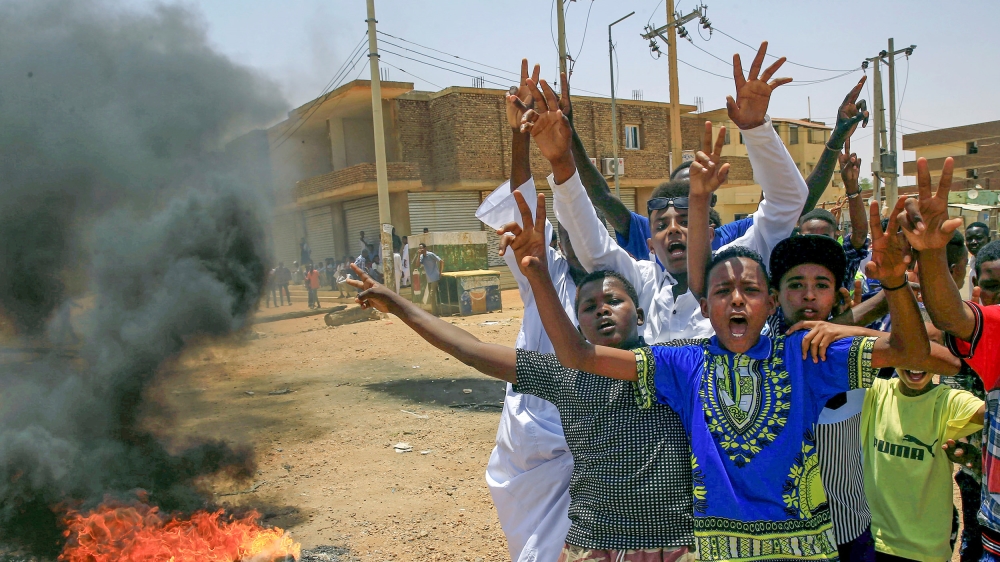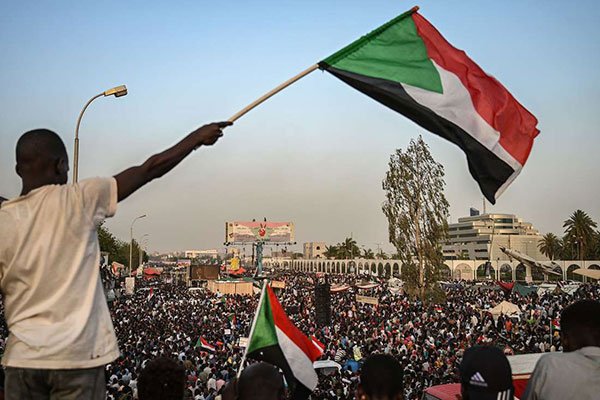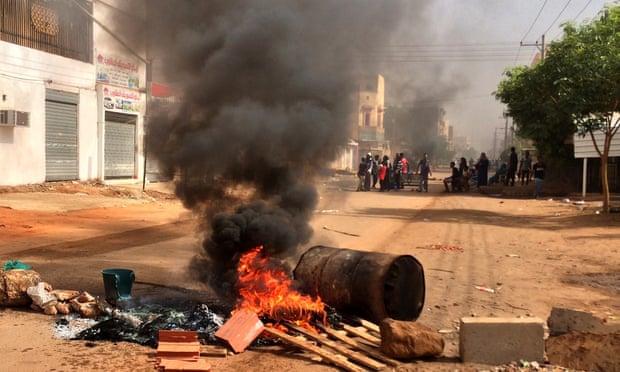Sudanese Soldiers Are Raping And Killing Hundreds Of People. Here's What You Should Know
Just over two months ago, the people of Sudan overthrew their president Omar al-Bashir, who had ruled the country for 30 years.
Former President Omar al-Bashir, who ruled Sudan for nearly three decades, was ousted by the country's military forces on 11 April
The coup was sparked by protests in December 2018 after the government announced a rise in prices of petrol and bread, reported BBC.
Demonstrations ultimately escalated into calls for Bashir to step down amidst an International Criminal Court (ICC) arrest warrant for allegations of genocide, crimes against humanity, and war crimes.
After declaring a state of emergency, reshuffling his cabinet, and replacing politicians with members of the army earlier this year – Bashir was eventually toppled by the military itself in April.
However, the revolution did not end there for the people of Sudan as violence continue to escalate across the African nation. Here's what you should know so far:
1. Following Bashir's downfall, the Sudanese military has taken over the country
Al Jazeera reported that a Transitional Military Council (TMC), led by Lieutenant General Abdel Fattah al-Burhan, has been formed to govern Sudan for a maximum of two years.
According to Reuters, TMC had offered to allow protesters form a government following the coup, but insists to grip on overall authority throughout the transition period.
2. However, demonstrators have been demanding the TMC to hand over its power to civilians
TMC figures have been accused of having a close relationship with Bashir, and protesters have claimed that these leaders were part of the problem that sparked the December demonstrations, reported Al Jazeera.
As a result, the protests, led by the Sudanese Professionals Association (SPA), have been continuing as citizens call for an immediate civilian rule in the country.
3. In an attempt to disperse the months-long sit-in by protesters, the Sudanese military opened fire on civilians earlier this month
In the country's capital, Khartoum, security forces opened fire to clear a protest camp last Monday, 3 June. Al Jazeera reported that within that morning, at least five people were killed and several injured by the shootings.
The TMC consistently denied targeting the protesters despite the death toll, which eventually rose to dozens.
Nonetheless, demonstrators reportedly remained unfazed as they vowed to continue "escalating protests, marches, and full civil disobedience".
4. Hundreds of people were raped and killed by security forces in the aftermath of the 3 June attack on protesters
According to The Guardian, hospitals in Khartoum had recorded over 70 cases of rape within a week after the attack. Local doctors believe that the crimes were committed by members of the RSF, a paramilitary group in Sudan.
Moreover, other rape victims are believed to have not sought medical treatment in fear of safety and the lack of medical attention available.
Over 100 people have also been killed by the RSF, and approximately 700 injured since the attack last Monday. However, Daily Active reported that the death toll is believed to be higher as the RSF reportedly threw dozens of bodies in the Nile River in an attempt to hide the number of casualties.
5. Following an investigation, the TMC has reportedly detained soldiers who were involved in the 3 June attack
On Tuesday, 11 June, the TMC said "a number" of soldiers were arrested for the atrocities against protesters in Khartoum, reported Al Jazeera.
"The TMC affirms that there will be no delay in holding accountable all those found guilty in accordance with the regulations and laws," the council said through a statement. However, the actual number of soldiers accused remain unknown.
In the meantime, protesters have agreed to suspend its campaign of civil disobedience in exchange for concessions from the TMC.
